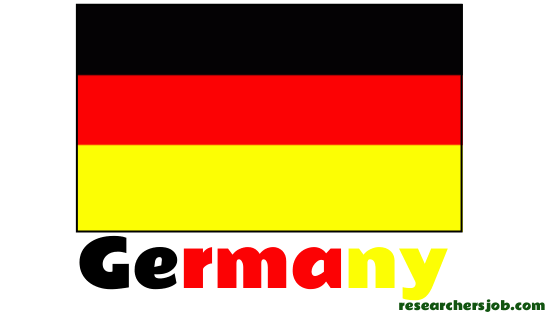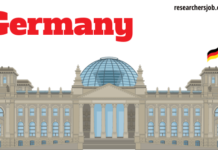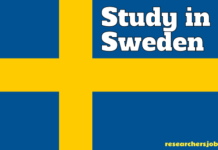Postdoctoral Position in Quantum Physics Research: We are seeking highly motivated and dynamic early-career scientists to join our research group as Postdoctoral Researchers. This position will focus on innovative research programs in quantum physics, particularly within the realms of quantum chemistry, quantum computing, and quantum information theory.
Designation:
Postdoctoral Researcher
| Key Information | Details |
|---|---|
| Research Area | Quantum Chemistry, Quantum Computing, Quantum Information Theory |
| Location | Munich, Germany |
| Eligibility/Qualification | Early-career scientists with a strong analytical background in Quantum Physics, or strong numerical skills in DMRG or quantum chemical methods. |
| Job Description | Candidates will work on exciting long-term research programs involving tensor network methods, foundations of quantum computing, and advanced quantum information theories. Researchers will utilize cutting-edge techniques to enhance understanding of molecular ground states and fermionic systems. |
| How to Apply | Applications should be sent as a single PDF document containing: 1. Cover letter 2. CV and list of publications 3. Contact details of two referees 4. Future research plans (maximum 2 pages) 5. Link to PhD thesis. Send applications to c.schilling@lmu.de with the subject line “postdoc” + relevant project number(s) (P1-P4). |
| Last Date for Apply | 8th December 2024 |
Detailed Research Areas:
- Tensor Network Methods for Quantum Chemistry:
- Exploration of molecular ground states using quantum information theory tools to advance tensor network approaches.
- Foundation of Quantum Computing: Fermionic Systems:
- Utilization of entanglement structures in fermionic ground states to enhance molecular state preparations in quantum circuits.
- Quantum Information Theory for Fermions:
- Development of operational entanglement measures in fermionic systems to enhance existing quantum state complexity definitions.
- Foundation of Functional Theories & N-Representability Problem:
- Constructing advanced one-matrix functional approximations informed by geometric insights from quantum information theory.
For more details on each program and the overarching research themes, please refer to the project descriptions.
We look forward to receiving your application!








